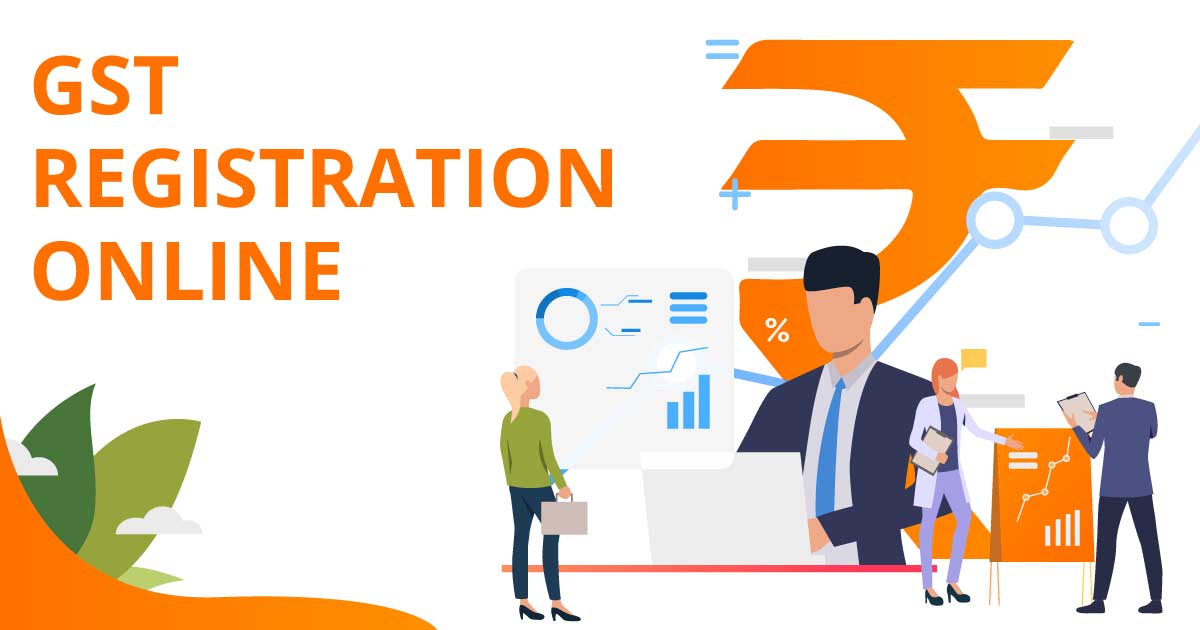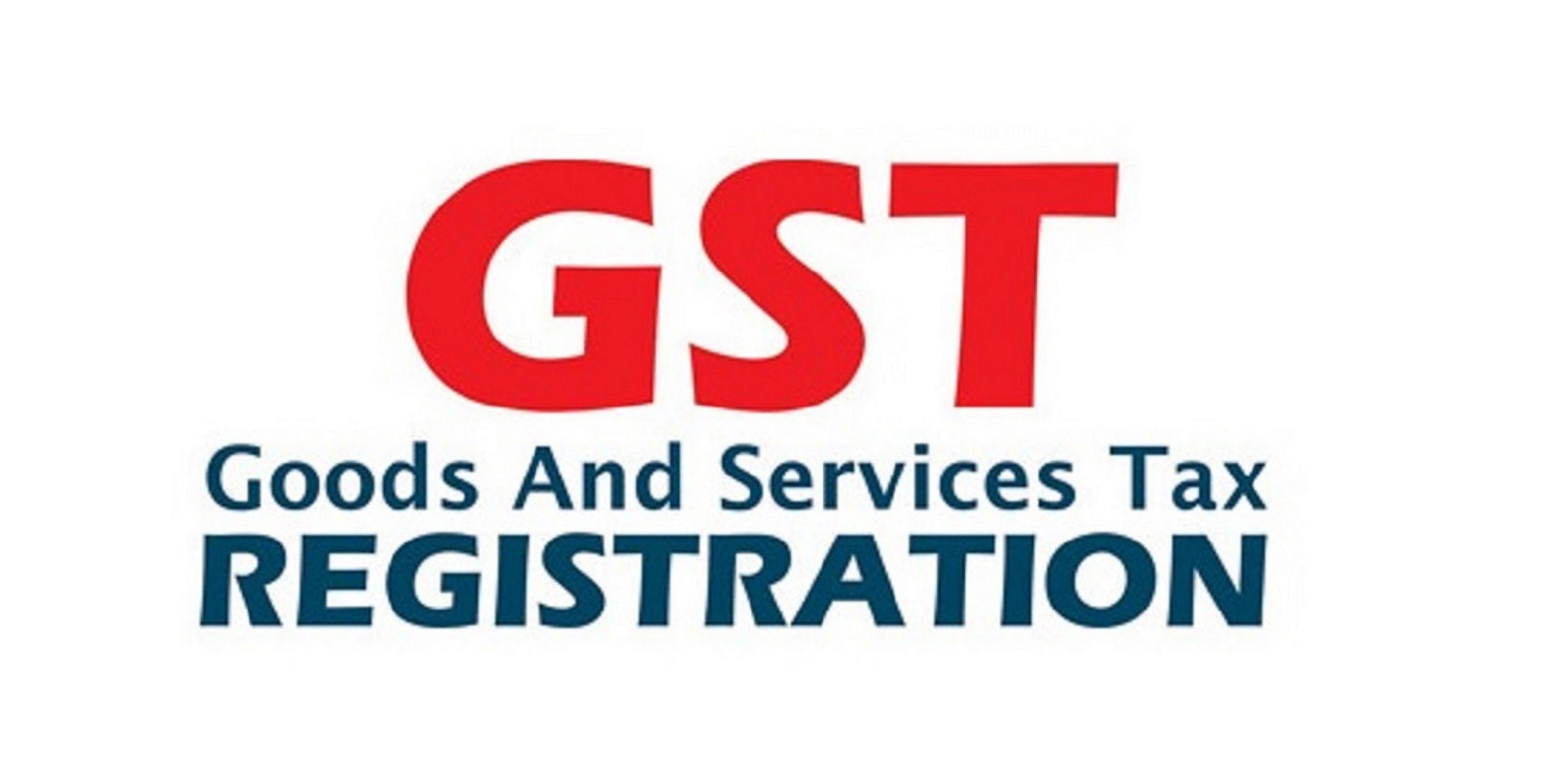How to Navigate Singapore GST Registration for Your Business
How to Navigate Singapore GST Registration for Your Business
Blog Article
Browsing the Intricacies of GST Registration: Professional Tips and Best Practices for Easier Compliance
From decoding enrollment needs to using technological devices for structured procedures, the trip in the direction of smoother GST compliance is multifaceted and nuanced. Keep tuned to uncover essential techniques and insights that can assist companies steer through the complexities of GST enrollment with skill and self-confidence.
Comprehending GST Registration Requirements

Along with turnover limits, companies engaging in interstate sales or providing taxed solutions may likewise be required to sign up for GST, even if their turn over is listed below the suggested limitation (Singapore GST Registration). Understanding these limits and demands is necessary to prevent penalties and make sure smooth operations within the lawful framework
Furthermore, businesses must collect and prepare the necessary documents, such as proof of identity, address, company unification, and checking account information, before initiating the GST registration procedure. Failing to give exact information or satisfy the enrollment target dates can result in penalties or other lawful consequences. Companies must remain informed regarding the particular GST enrollment needs applicable to their operations to keep conformity and avoid prospective problems.
Organizing Essential Paperwork
Organizations starting the GST registration procedure should thoroughly assemble and arrange the crucial paperwork needed for entry. The key documents typically needed for GST enrollment consist of proof of service enrollment or address, incorporation and identity proofs of business owners or companions, checking account information, evidence of primary workplace, and consent forms. Ensuring that these documents are conveniently offered and arranged can enhance the registration process and stop hold-ups or beings rejected.
To effectively arrange important documentation, businesses must develop a central system for keeping and classifying the required documentation (Singapore GST Registration). Making use of digital storage space options can aid preserve easy access and ensure that papers are safely kept. Additionally, developing a list of all needed documents can offer as a practical device to track what has actually been gathered and what is still required for entry

Leveraging Innovation for Efficiency
Enhancing operational performance with technological assimilation is vital for contemporary companies browsing the complexities of GST enrollment. Leveraging innovation can streamline procedures, decrease mistakes, and make certain timely conformity with GST regulations. Among the essential ways modern technology can aid in GST enrollment is via making use of automated software application solutions. These devices can help organizations track sales, create invoices, calculate taxes, and send returns accurately. By automating these jobs, organizations can conserve and reduce manual mistakes time that would or else be invested on recurring administrative work.
Furthermore, modern technology can facilitate smooth interaction with tax obligation authorities. Online websites and interaction devices enable services to send documents, fix queries, and get updates in an extra efficient manner. This not only speeds up the registration procedure but also aids in keeping transparent and trustworthy communication with the pertinent authorities.
Furthermore, cloud-based storage services give a protected system for businesses to store and accessibility their monetary information, guaranteeing conformity with GST record-keeping demands. By systematizing information storage and automating procedures, companies can enhance their overall performance and Source precision in GST enrollment procedures.
Proactive Conformity Tracking

To make certain reliable positive compliance tracking, companies need to establish durable internal controls, conduct routine audits, and take advantage of automation devices for real-time monitoring of GST deals. Routine training sessions for employees on GST compliance needs can likewise aid in creating a society of compliance within the company. Furthermore, involving with tax consultants or professionals can supply useful understandings and support on navigating complicated GST regulations.
Engaging With Specialist Professionals
Involving seasoned tax professionals can significantly boost a company's understanding and conformity with intricate GST policies. Professional professionals bring a riches of expertise and experience to the table, helping companies browse the intricacies of GST enrollment effortlessly. By leveraging their competence, firms can ensure exact filings, reduce the danger of mistakes, and remain current with the most up to date regulatory changes.
When engaging with professional specialists, it is necessary to pick specialists with a solid track record in GST compliance (Singapore GST Registration). Search for professionals that have a deep understanding of the relevant laws and regulations, as well as experience dealing with organizations in your sector. Reliable interaction is vital in this partnership, so make certain to clearly define your expectations and establish regular touchpoints to go over progression and resolve any kind of problems
In addition, professional specialists can provide valuable understandings and guidance on maximizing your tax obligation method, determining possible cost-saving opportunities, and improving your compliance processes. In general, investing in expert consultancy solutions can go a long way in making certain smoother GST conformity and staying clear of expensive errors.
Final Thought
To conclude, navigating the intricacies of GST registration calls for a comprehensive understanding of the demands, organization of important documents, leveraging technology for performance, positive conformity monitoring, and engagement with specialist professionals. By adhering to these finest techniques, companies can make certain smoother compliance with GST guidelines and prevent possible penalties or fines. It is necessary to remain informed, positive, and attentive in taking care of GST registration to preserve conformity and maintain financial stability.
To ensure compliance with tax obligation laws, organizations should thoroughly comprehend the complex requirements for GST registration. Product and Solutions Tax (GST) is a value-added tax obligation imposed on the majority of items and solutions in a country, making it important for companies to register for GST to avoid legal effects.Moreover, services should collect and prepare the needed paperwork, such as evidence of identity, address, organization unification, and bank account information, prior to starting the GST enrollment redirected here process. Companies ought to stay educated regarding the particular GST enrollment demands relevant to their procedures to maintain compliance and avoid possible problems.
The crucial documents normally required for GST registration include proof of service enrollment or identity, unification and address proofs of the business proprietors or companions, financial institution account details, evidence of major area of business, and permission types.
Report this page